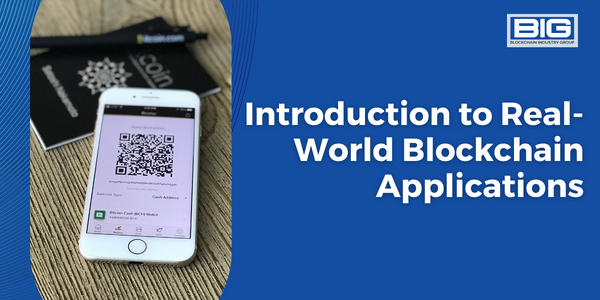
Blockchain technology has been making headlines in recent years, and it’s no surprise why. This innovative platform has the potential to revolutionize a wide range of industries, from finance and healthcare to supply chain management and voting systems. But what are some of the real-world applications of blockchain technology that are currently being explored?
One of the most well-known applications of blockchain technology is in the financial industry. Many people are familiar with the use of blockchain to facilitate the transfer of cryptocurrency, such as Bitcoin. However, blockchain has the potential to be used for much more than just financial transactions. For example, it could be used to track and verify the authenticity of luxury goods, or to securely store and share medical records.
Another area where blockchain is starting to make an impact is in supply chain management. Several major retailers have begun using blockchain to track their supply chains, allowing them to more easily verify the origins of their products and ensure that they are ethically and sustainably sourced. This not only helps to build consumer trust, but it also allows companies to more effectively manage their operations and reduce the risk of fraud or counterfeiting.
Smart Contracts in the Blockchain Ecosystem
—
The Battle of “Block Chain” versus “Blockchain”
—
The Benefits of Blockchain-as-a-Service (BaaS)
Another exciting application of blockchain technology is in the field of voting systems. By using blockchain to record and verify votes, it is possible to create a secure and transparent voting process that is resistant to tampering. This has the potential to increase public trust in the electoral process and improve the overall integrity of elections.
Overall, these are just a few examples of the many real-world applications of blockchain technology that are currently being explored. As the technology continues to evolve and mature, it is likely that we will see even more innovative uses for blockchain in the coming years. With its decentralized nature, ability to facilitate direct asset transfers, and other key features, it is clear that blockchain has the potential to make a significant impact on various industries and facilitate more secure and transparent transactions.



